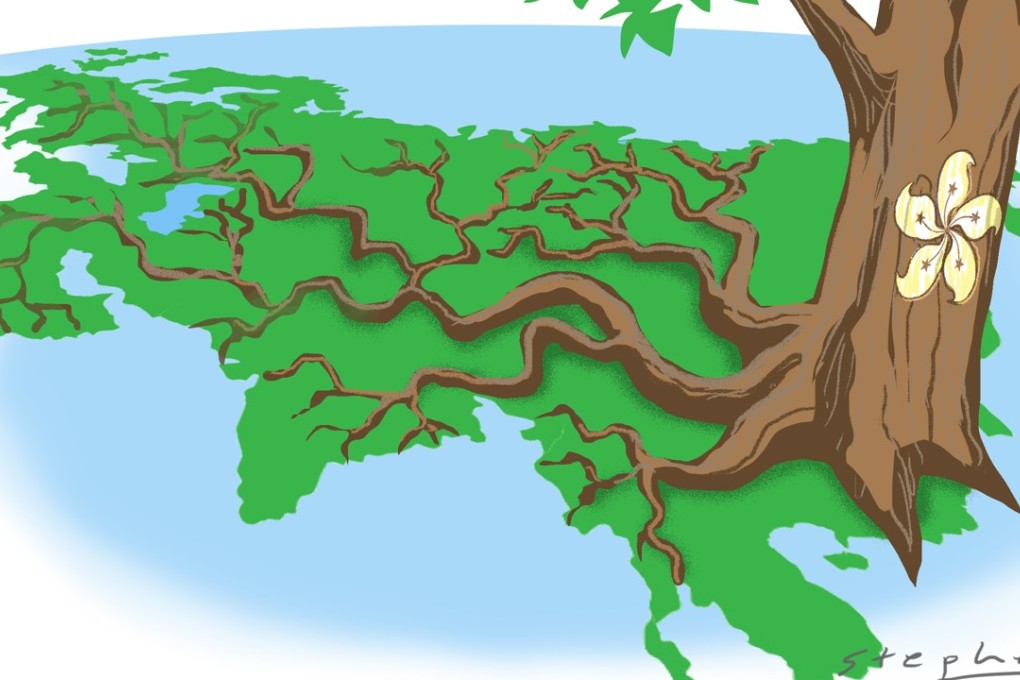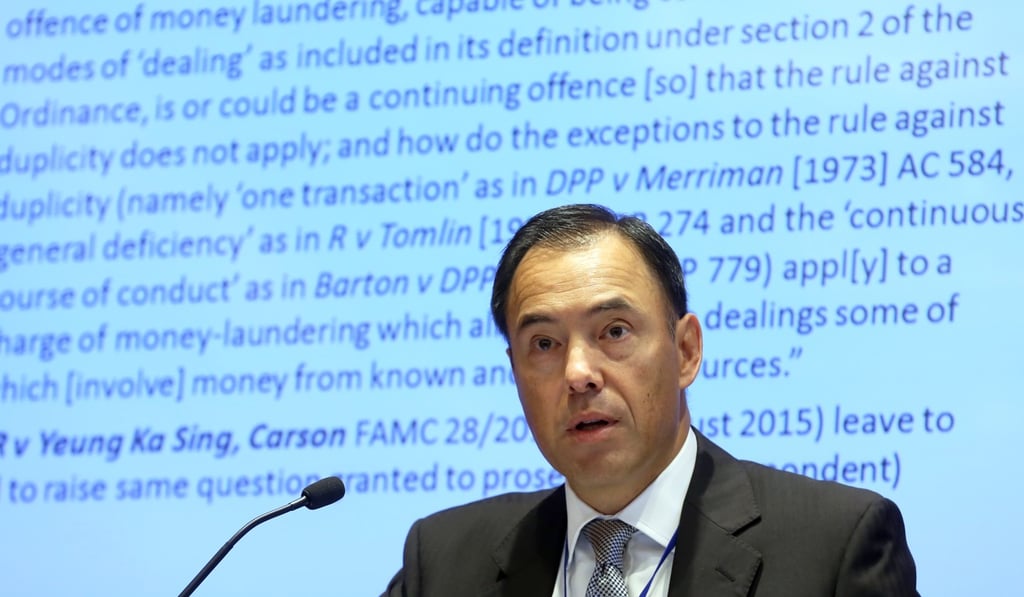Advertisement
As Beijing pushes a Chinese identity for Hong Kong, where do Eurasians fit in?
Stefano Mariani says Hong Kong’s Eurasian population is the natural outcome of a port city in Asia that was a colony for European empire, and this population has made lasting contributions to the city’s history, society and culture. Why, then, does Hong Kong not extend the same recognition to its Eurasian population that Singapore does?
Reading Time:4 minutes
Why you can trust SCMP
18

I am Eurasian. My father’s ancestors, to borrow a Chinese turn of phrase, are buried in the fertile plain of the lower Po valley, in an Italian region best known as the birthplace of balsamic vinegar – and Ferrari. My mother, who was raised in Kowloon City and attended St Mary’s Canossian College, is as thoroughly a Hongkonger as one can be.
As peculiar as that admixture is, it was unremarkable from my perspective; I happened to attend schools with Eurasian students and entered a workplace where many of fellow early-millennials were of European and East Asian descent. Anecdotal evidence would suggest that the demographic trajectory for Eurasians in Hong Kong is very much on the ascendant.
The lack of official recognition of Eurasian identity in Hong Kong is thus curious. Hong Kong is in essence a Eurasian city, built on British norms and institutions that took root in the fertile substratum of the industry and ambition of a heterogeneous local populace.
Advertisement
As a colonial entrepôt, Hong Kong was a place of meeting and acculturation. Eurasians, being the biological issue of those exchanges, have been a part of Hong Kong life since the colony’s foundation. Yet the debate around Hong Kong identity today gravitates around two cardinal disputes: the localist question and the matter of the integration of “ethnic minorities”, an ungainly term applied to South and Southeast Asian residents.

Advertisement
Advertisement
Select Voice
Choose your listening speed
Get through articles 2x faster
1.25x
250 WPM
Slow
Average
Fast
1.25x